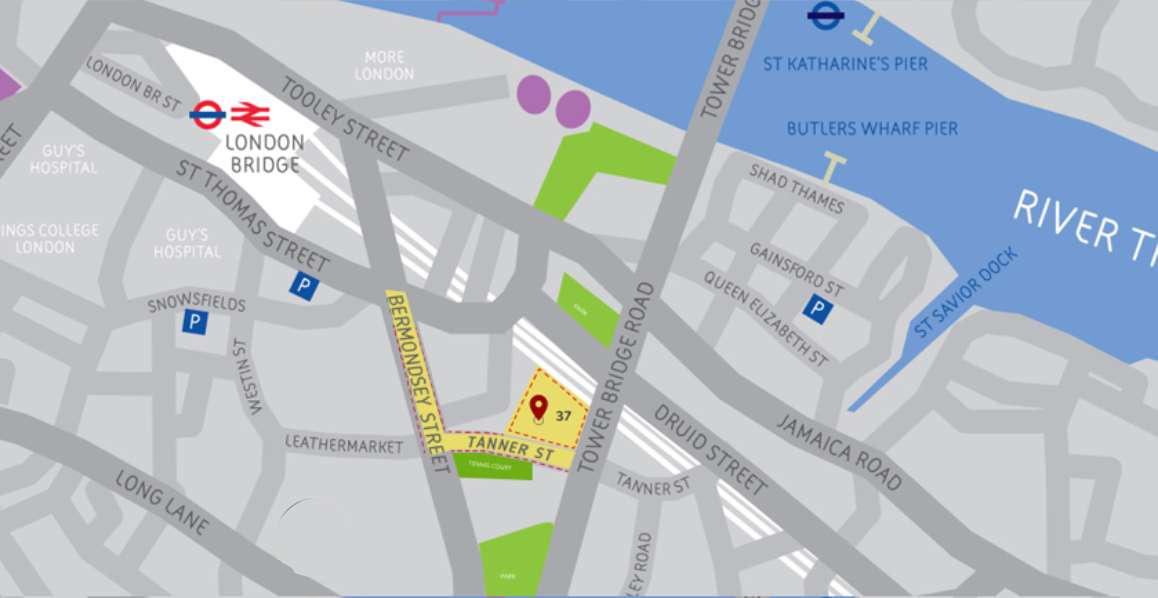Organisations continuously seek ways to boost employee morale and create a healthy work environment. A practical and impactful approach that has gained traction in recent years is employee recognition. Recognising and appreciating employees’ efforts increases not only their satisfaction but also leads to increased productivity and retention. Employees respected and valued for their efforts are more likely to be innovative and committed to the company’s goals. According to a study, recognition ranks as the third most important factor in employee satisfaction, following job security and compensation.
Let us examine the value of building a culture of employee recognition in organisations and discuss practical ways to implement it.
What is Employee Recognition?
Employee recognition is the process of recognising and appreciating employees for their hard work, achievements, and valuable contributions to their organisations. This appreciation can take various forms, including verbal praise, rewards, incentives, and promotions. Recognition of employees stimulates positive behaviour and motivates them to maintain high-performance standards, benefiting both the individual and the organisation as a whole.
Why Does Employee Recognition Matter?

Recognition of employees is crucial in the workplace for various reasons:
- Increases Employee Engagement: Employees who feel valued and appreciated are more likely to be engaged in their work. Increased engagement leads to higher productivity, improved morale, and a more positive work environment.
- Promotes Employee Retention: Feeling valued for their contributions helps employees develop a sense of belonging and is likely to increase their commitment to the organisation’s long-term success. Such employees are also more likely to stay with the organisation long-term.
- Fosters Work Relationships and Collaboration: Recognising employees fosters stronger relationships and teamwork, creating a harmonious team environment.
- Strengthens Company Values: Appreciating employees based on merit rather than personal attributes shows a commitment to fairness in the workplace.
- Enhances Employer Branding: A culture of employee recognition boosts the company’s brand identification and attracts top-tier talent, leading to greater success in the long term.
What Are the Different Types of Methods Used for Employee Recognition?
Different types of employee recognition methods include:
| Verbal Praise |
Appreciating employee’s contributions or achievements publicly or in a one-on-one session |
| Written Praise |
Appreciating an employee’s achievements through written formats, such as posts or emails |
| Formal Recognition |
Systemised programmes to publicly appreciate and reward employees for exemplary performance |
| Informal Recognition |
Giving small notes, greetings, or gifts as gestures of appreciation to employees who exceed expectations or work on additional projects |
| Monetary Recognition |
This includes tangible rewards such as bonuses or salary increments as a form of appreciation for exemplary achievement |
| Peer-to-Peer Recognition |
Employees appreciate their co-workers’ efforts and achievements within the organisation |
| Leader-to-team-member Recognition |
Team leaders or supervisors appreciate and reward team members’ efforts for their contributions to the organisation’s objectives |
| Employer-to-employee Recognition |
The organisation recognises and appreciates its employees’ achievements through various means |
| Day-to-day Recognition |
Regular appreciation for little achievements of employees in their daily tasks |
| Above-and-beyond Recognition |
Recognising and rewarding personnel that go above and beyond their responsibilities and show substantial initiative and commitment to execute their job well |
How Does Management Recognition Fuel Extra Effort?

Management recognition acts as a catalyst for encouraging extra effort and motivation among employees. Here’s how:
- Validates Contributions: When acknowledged for their efforts, employees feel valued. This validation boosts morale and fosters a sense of dedication to their work.
- Increases Engagement: When employees feel recognised and appreciated by their managers, they are motivated to prioritise their tasks and responsibilities, leading to increased productivity and overall performance.
- Fosters Loyalty: Manager recognition validates employees’ accomplishments and strengthens their relationship with the organization. Their loyalty to the organisation grows, which translates to greater commitment to the company’s goals and values.
- Encourages Excellence: When employees see their colleagues being acknowledged for their exceptional work, it inspires them to strive for similar accomplishments and constantly deliver their best efforts.
Employee Recognition Trends In 2024
Some major trends in employee recognition in 2024 are:
| Real-Time Recognition |
In 2024, there will be a huge shift towards real-time employee recognition. Companies will utilise platforms that provide immediate recognition of achievements, generating a culture of continuous appreciation and motivation |
| Personalised Rewards |
Understanding what each employee values and prefers can boost their motivation. Data-driven solutions enable large-scale personalisation of rewards, increasing engagement and productivity by catering to what motivates each employee |
| Peer-to-Peer Recognition |
This is another effective strategy for boosting employee engagement and morale. Organisations support programmes that allow colleagues to recognise each other’s achievements, fostering solidarity and a positive work culture |
| Remote and Hybrid Work Recognition |
As remote and hybrid work setups become more common, organisations adapt recognition methods to accommodate scattered teams. Virtual events and digital platforms will gain traction in 2024 to ensure that all employees feel valued, regardless of their location |
| Data-Driven Insights |
Organisations use data analysis to build better employee recognition strategies. They can identify patterns and improve recognition programmes by analysing feedback, performance, and engagement data. This data-driven strategy personalises recognition efforts, making them more relevant and responsive to employee preferences |
| Focus on Well-Being and Mental Health |
Companies prioritise employee well-being and mental health through recognition programs like wellness stipends, mental health days, and mindfulness activities. This strategy promotes a culture of support and resilience by acknowledging and addressing
employee challenges |
How To Create A Meaningful Employee Recognition Culture In Shared Office Space?
Here are some strategies to foster a culture of recognition in a shared office space:
| Understand Employee Preferences |
Understand how each employee likes to be recognised, whether publicly or privately. Ask them directly in one-on-one sessions |
| Be Genuine and Specific |
When complimenting employees, be clear about what aspect of their work you appreciate. Linking the compliment to what matters most to the employee, be it their skills, achievements or daily efforts, makes the recognition more meaningful |
| Timeliness Matters |
Do not reserve recognition for special occasions. It is essential to recognise and appreciate employees promptly and often, even during busy periods, to show that you value their efforts consistently |
| Emphasise Impact |
Show employees how their work directly supports the overall objectives and mission of the organisation |
| Align with Shared Values |
Make sure that everyone in your team shares the same core values. It will help in setting clear expectations on how to communicate, collaborate and make decisions together |
10 Employee Recognition Ideas To Boost Employee Motivation
Here are ten ideas to recognise and motivate your employees:
- Acknowledge outstanding employees monthly with a special award, such as “employee of the month.”
- A “thank you” or “well done” card from managers and colleagues is a meaningful gesture that can significantly demonstrate appreciation.
- Reward employees with monetary incentives for exceeding expectations or solving critical problems.
- Invest in employees’ personal growth and development by offering training opportunities, workshops, or certifications.
- Recognise exceptional performance by offering flexible work arrangements or extended time off.
- Highlight employees’ achievements at company meetings, in newsletters, or on social media platforms.
- Express appreciation with personalised gifts tailored to employees’ interests and hobbies.
- Pair high-performing employees with senior leaders or mentors to facilitate career growth.
- Organise team lunches or activities to recognise accomplishments and foster team spirit among colleagues.
- Prioritise employee well-being and show appreciation for their hard work through wellness initiatives like days off, yoga, or meditation.
Bottomline
Creating a culture of employee recognition is more than simply a feel-good initiative; it is essential for organisations seeking to boost employee engagement, performance, loyalty, and retention. Companies that adopt a comprehensive approach to recognition and incorporate it into their culture can create a positive work environment in which employees feel valued, empowered, and motivated enough to contribute their best in every task they undertake.







